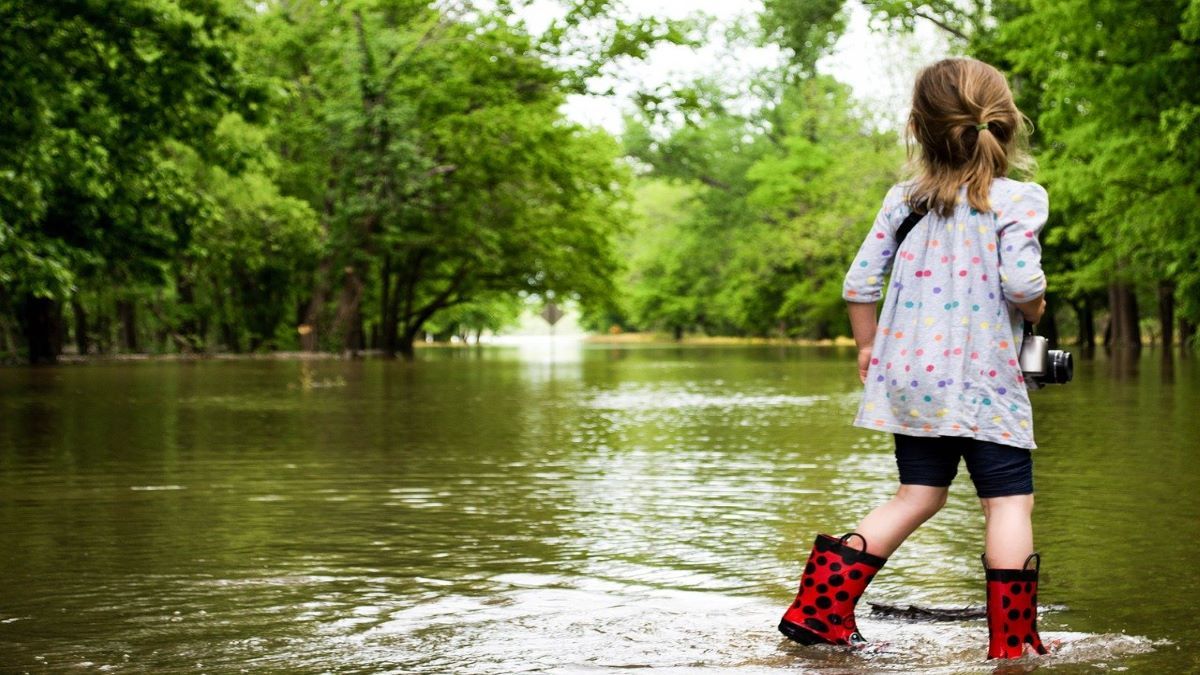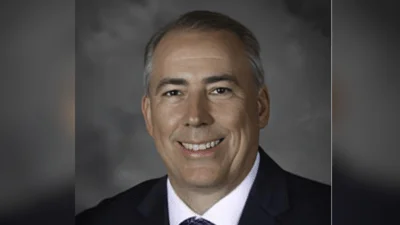Michigan regulators knew in August 2019 about deficiencies in safety standards at Edenville Dam. | Pixabay
Michigan regulators knew in August 2019 about deficiencies in safety standards at Edenville Dam. | Pixabay
State of Michigan regulators may have known months earlier than previously reported about probable deficiencies in safety standards at the hydroelectric Edenville Dam, which caused severe flooding when it failed on May 19.
The Michigan Department of Environment, Great Lakes and Energy, the agency that assumed oversight of the dam in 2018, received a report in August 2019 that the Edenville Dam didn’t meet state standards for flood control, Bridge Michigan stated in a corrected version of its report.
“But officials did not order repairs or safety precautions, such as lowering water levels in the Wixom Lake reservoir, choosing instead to wait on an inspection report the state would provide conclusive information necessary to take action,” Bridge Michigan said.
A report by The Detroit News May 22 found through inspector emails that the state discovered in January 2020 that the dam didn’t meet “even state standards for its capacity to withstand major flooding.”
“The final analysis had been expected in March, but an engineer with the Michigan Department of Environment, Great Lakes and Energy (EGLE) told consultants on Jan. 31 that the dam was deficient, even without considering the impact of waves on Wixom Lake,” The Detroit News said.
Federal requirements for a dam’s capacity to withstand major flooding are more stringent than Michigan’s, according to the EGLE's "Edenville Dam Failure: Frequently Asked Questions" on Michigan.gov.
“FERC (Federal Energy Regulatory Commission) regulations require dam spillways be able to manage 100 percent of a probable maximum flood. The state only requires it meet half that,” according to Michigan.gov.
Spillway capacity refers to that “which allows water to flow out of the Wixom Lake impoundment,” according to Michigan.gov.
Edenville Dam, built in 1924, had its oversight taken over by EGLE in late 2018 after FERC revoked its hydropower generation license.
A study EGLE ordered to assess if Edenville Dam met safety requirements, such as the state spillway standards, was underway at the time of the dam’s failure. EGLE was also working with Four Lakes Task Force in its plans to purchase the dam from Boyce Hydro Power, LLC, its owner. The task force planned “to upgrade the dam and reacquire its federal hydropower generating license,” according to Michigan.gov.
The Edenville Dam failed on May 19 because it couldn’t manage water flowing after 8 inches of rain fell over 48 hours in parts of Northeast Michigan. The breach caused flooding, loss of property and the evacuation of thousands of people.
A six-person, independent forensic investigation team will investigate the Edenville and Sanford dam failures, the Detroit Free Press reported that EGLE announced on June 18.


 Alerts Sign-up
Alerts Sign-up